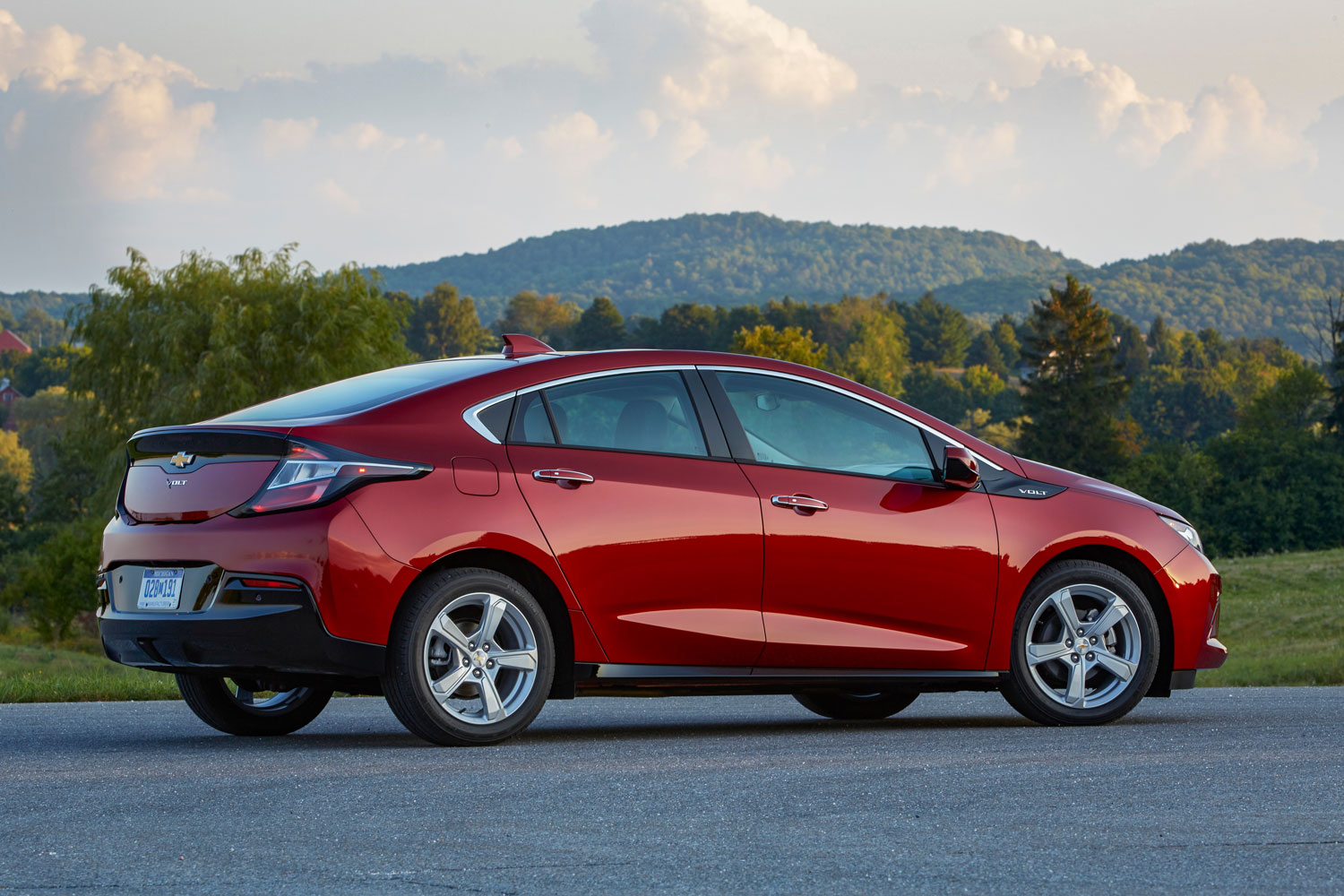Can EV Batteries Be Recycled?
The answer is yes, but we’re still in the early days.
 Chevrolet
Chevrolet
What happens to an electric vehicle’s (EV’s) battery pack at the end of the car’s life? Can electric car batteries be recycled? Does it get tossed into a landfill? Isn’t that bad for the environment?
Well, it would indeed be bad for the environment if it happened. But it doesn’t. Instead, dealers and auto recyclers (also known as junkyards) remove batteries from old or wrecked EVs and send them to specialized facilities where EV batteries can be recycled, breaking them down into their separate materials; this includes plastic, wires, and the cells themselves. The facilities then extract all the reusable metals from the cells. It’s not yet a profitable business in all cases, but industry analysts and venture capitalists expect it to be at scale.
Hybrid Battery Recycling Provides a Road Map for Electric Cars
Recycling high-voltage battery packs dates back to around 2010, about a decade after Honda and Toyota began selling the first hybrids in the United States. Toyota developed special cases to protect the batteries and contain leaks during transportation to its recycling partner, Kinsbursky Brothers Intl in southern California. The automaker covered the cost of shipping and even paid a $200 bounty to dealers and scrap yards for every battery recycled.
Hybrid packs are a fraction of the size of EV batteries, but the recycling process is the same. Most of the steel, aluminum, and copper goes into the nationwide metals-recycling stream. Plastics can be more difficult to recycle, but fortunately, they tend to make up only a small portion of current battery packs. Finally, there are the cells — by far the priciest part of the battery when new. They contain lithium, nickel, cobalt, manganese, aluminum, and other metals, which battery makers can often reuse to make new cells.
As the First Modern EVs Near End of Life, Electric Car Battery Recycling Is Ramping Up
Today, the number of EV batteries available for such recycling is low. The first electric cars to sell in any real volume — the Chevrolet Volt, Nissan Leaf, and Tesla Model S — didn’t come into the market until the early 2010s. Given that modern vehicles tend to last 10 to 15 years, it stands to reason that most of those EVs are still out on the road. But at some point soon, these early EV owners will start to assess whether their cars remain practical to drive due to high mileage or loss of battery capacity. And it may not be feasible to swap in a new pack.
The recycling industry got a sample of what’s to come last year when GM recalled 141,000 Chevrolet Bolt EVs for battery pack replacements due to fire concerns. In early April, a GM spokesperson told us that of the battery packs it had replaced, every cell went directly into the recycling stream, and the company “continues to investigate” alternative uses for old EV batteries.
Venture Capitalists Smell Money in the Battery Recycling Business
As electric cars gain popularity and the warranty coverage expires on more vehicles, independent companies are preparing for greater EV turnover. The battery-recycling world owes a lot to JB Straubel, who spent 15 years as Tesla’s chief technology officer and made a name for himself. In 2017, he formed Redwood Materials to focus on battery recycling and kicked off an investment race among venture capitalists; today, more than a dozen startups exist in that space. So don’t worry about old EV batteries ending up in landfills. They’re far too valuable for that.
Written by humans.
Edited by humans.
 John Voelcker
John VoelckerJohn Voelcker is a reporter and analyst covering electric vehicles, auto technology, and energy policy. He has written or edited more than 12,000 articles on low- and zero-emission vehicles and the energy ecosystem around them. His work has appeared in print, online, and radio outlets, and he is frequently quoted as a subject-matter expert. He splits his time between the Catskill Mountains and New York City, and still one day hopes to become an international man of mystery.
Related articles
View more related articles